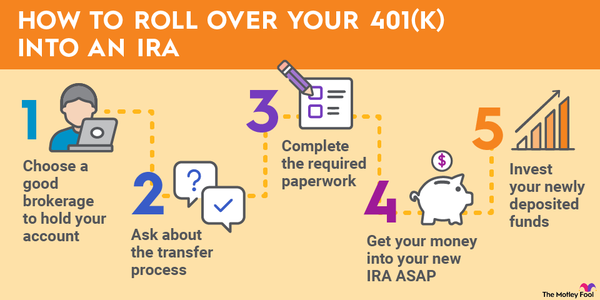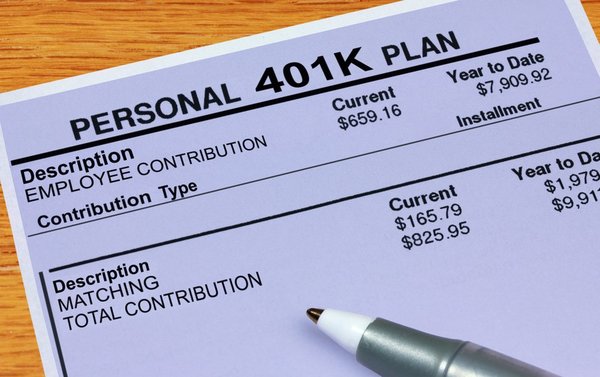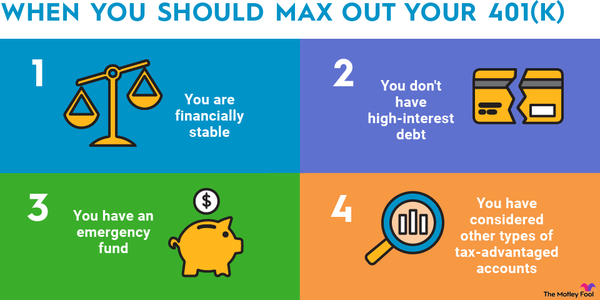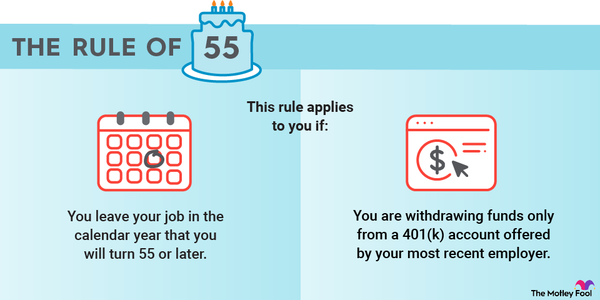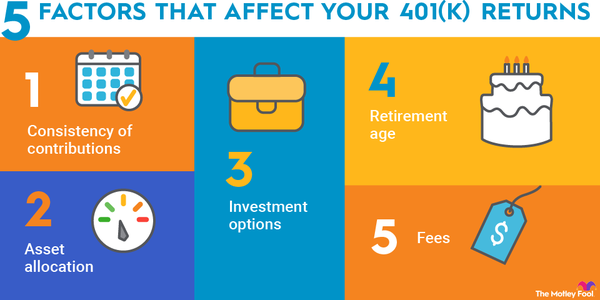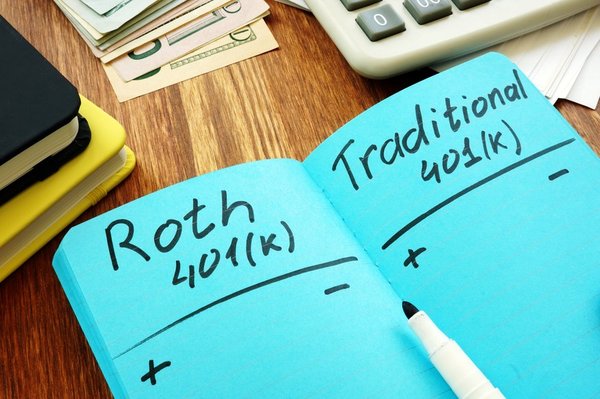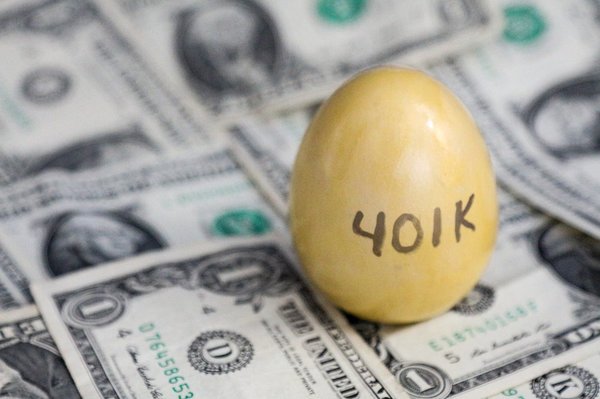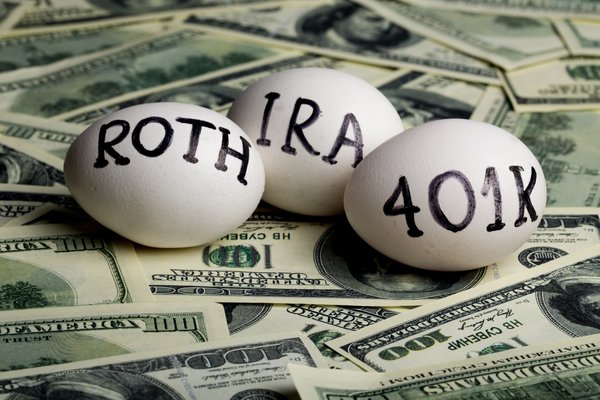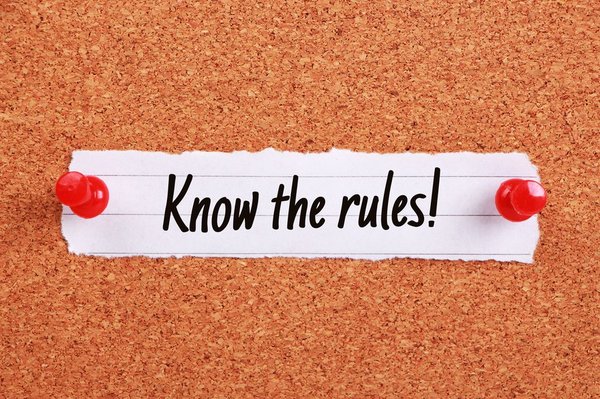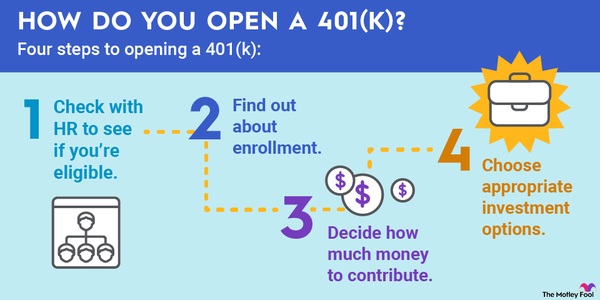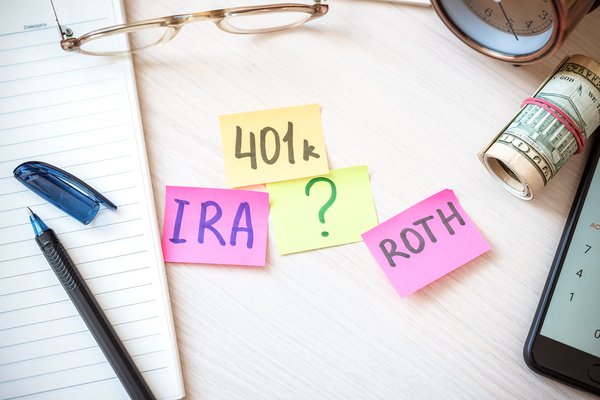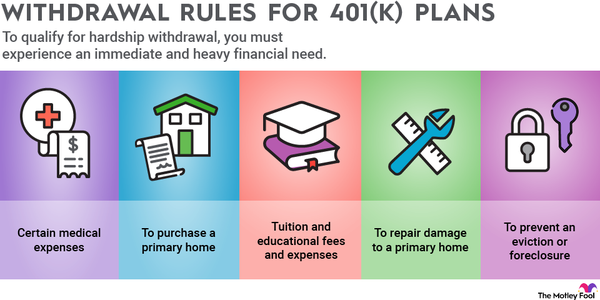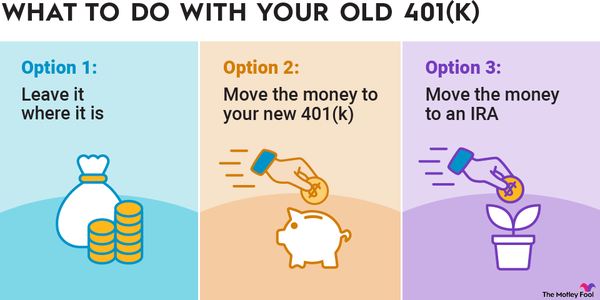401(k)s are incentivized plans to help Americans save for retirement. The government provides tax breaks to encourage you to contribute, but it also enforces certain rules to discourage you from taking distributions before retirement. In some cases, breaking those rules and taking distributions early can cost you a 10% penalty in addition to the ordinary income taxes you'll owe on withdrawn funds.
Let's look at all the approved ways you can take money out of a 401(k) and look into the penalties you'll incur if your early distributions don't fall within one of those exceptions.
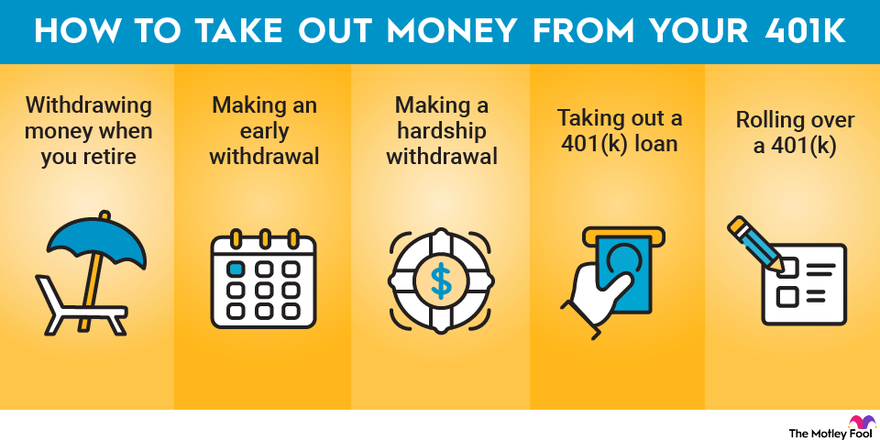
How to take money out
How to take money out of your 401(k)
There are many different ways to take money out of a 401(k), including:
- Withdrawing money when you retire: These are withdrawals made after age 59 1/2.
- Making an early withdrawal: These are withdrawals made prior to age 59 1/2. You may be subject to a 10% penalty unless your situation qualifies as an exception.
- Making a hardship withdrawal: These are early withdrawals made because of immediate financial need. You may still be penalized for them, however.
- Taking out a 401(k) loan: You can borrow against your 401(k) and will not incur penalties as long as you repay the loan on schedule.
- Rolling over a 401(k): If you leave your job, you can move your 401(k) into another 401(k) or IRA without penalty as long as the funds are moved over within 60 days of your distribution.
Withdrawing when you retire
Withdrawing when you retire
After you reach age 59 1/2, you may begin taking withdrawals from your 401(k). If you leave your job in the calendar year when you turn 55 or later, you can also begin taking penalty-free withdrawals from the 401(k) you had with that current company. If you are a public safety worker, this rule takes effect at the age of 50.
Once you reach 73 (previously age 72), you are actually obligated to begin making required minimum distributions (RMDs) from non-Roth accounts.
Early withdrawals
Early withdrawals
Any withdrawal you make prior to age 59 1/2 is considered an early withdrawal. In most cases, you are subject to a 10% penalty for any early withdrawal, in addition to the ordinary income taxes you always owe when taking money out of a 401(k). However, there are a few exceptions:
- Rule of 55: This applies if you leave your current employer in the calendar year you turn 55 or later and take money from that company's 401(k) only.
- Substantially equal periodic payments: These require you to withdraw a certain amount from your account for at least five years or until you reach 59 1/2 (whichever is later).
- Permanent disability: This applies if you meet your employer plan's definition of "disabled."
- Qualifying medical expenses: If your medical expenses exceed a certain percentage of your adjusted gross income, you can withdraw funds penalty-free to cover them.
- Qualified domestic relations order: If a court orders you to give 401(k) funds to a spouse or dependent, you can withdraw the money penalty-free.
Adjusted Gross Income (AGI)
Hardship withdrawals
Hardship withdrawals
Some 401(k) plans allow you to take early withdrawals when you experience an "immediate and heavy" financial need. Some examples include:
- Medical expenses.
- Costs associated with purchasing a primary home.
- Tuition payments or other qualifying educational expenses for the 401(k) owner, his or her spouse, or dependents.
- Payments necessary to prevent eviction or foreclosure.
- Burial or funeral expenses for a parent, spouse, child, or other dependent.
Even if your employer's plan permits hardship withdrawals, you may still be subject to the 10% early withdrawal penalty unless you fall within one of the above exemptions.
401(k) loans
401(k) loans
Some plans allow you to borrow up to 50% of your vested account balance to a maximum of $50,000 within a 12-month period.
A 401(k) loan operates much like a standard loan -- you will have to pay back the borrowed funds with interest. If you default on repayment, it will be considered a distribution, and you could be subject to the 10% penalty for early withdrawals.
Rolling over a 401(k)
Rolling over a 401(k)
If you leave your job or your plan terminates, you can roll over the 401(k) funds to another tax-advantaged retirement account.
You may be able to do a direct rollover, which means the money moves from your 401(k) right into your new tax-advantaged account. You can also do an indirect rollover, in which you receive the funds directly and deposit them in your new account within 60 days to avoid treatment as a distribution.
When you leave a job
When you leave a job, you generally have the option to:
- Leave your 401(k) with your current employer.
- Roll over the funds to an IRA.
- Roll over the funds to your new employer's 401(k).
If you choose any of those options, you will not owe taxes or a 10% penalty. You can also take this money as a distribution, but this will trigger early withdrawal penalties if you are younger than 59 1/2 (unless the Rule of 55 applies).
Rollover to an IRA
Rolling a 401(k) over into an IRA is often a good option when you leave your job or your plan terminates. You can open an IRA with any brokerage and generally have a wider choice of investment options. You may have the option of a direct or indirect rollover.
You must roll over a traditional 401(k) to a traditional IRA to avoid owing taxes. If you wish to do a Roth conversion instead, there will be tax consequences.
Early withdrawal penalties
401(k) Early withdrawal penalties
If you withdraw money from a 401(k) before age 59 ½ and you don't roll the funds into another tax-advantaged plan or qualify for an exemption, such as the Rule of 55, you will face early withdrawal penalties.
These penalties equal 10% of the amount withdrawn. If you take $5,000 out of your 401(k) before retirement age, you would be faced with a $500 penalty. You will also pay ordinary income tax on your withdrawn funds in addition to the penalty. With a $5,000 withdrawal, this would be another $1,100 if you were in the 22% tax bracket.
These penalties add up. If you withdrew $5,000 and paid the 10% penalty and ordinary income taxes, you would be left with $3,400. Before you take money out of your 401(k) early, consider this major downside.
FAQ
401(k) Withdrawals FAQ
How do I cash out my 401k balance?
You can contact your 401(k) administration to obtain a form requesting the distribution of your 401(k) funds. However, be sure you understand the implications. When you withdraw your money, you must roll it over into another tax-advantaged account, such as an IRA, or you will be taxed on the distribution as ordinary income. If you are not yet 59 1/2 and don't fall within an exemption, such as the rule of 55, you will also owe a 10% penalty.
How do I avoid the 20% tax on my 401k withdrawal?
Your 401(k) withdrawal is taxed as ordinary income when the funds are distributed from the account. Your tax bracket will determine how much you are taxed. If you are withdrawing funds early (typically before age 59 ½) and don't qualify for an exception, you'll also be hit with a 10% penalty. The only way to avoid taxes on distributed funds is to roll them over into another tax-advantaged account if you are eligible to do so.
Does my employer have to approve a 401k withdrawal?
Whether your employer must approve a 401(k) withdrawal depends on many factors, including the plan documents and the purpose of the withdrawal. For example, your plan may give your employer authority to determine what circumstances entitle you to take a hardship withdrawal. You should check with your 401(k) administrator to determine the rules applicable to your plan.
What are valid reasons to withdraw 401k?
The best reason to withdraw funds from a 401(k) is because you are retired and taking out the money as part of your long-term financial plan. You can withdraw funds earlier in certain situations, such as when you have an immediate and heavy financial need. However, you should try to avoid doing so, as there is a penalty for most early withdrawals. You could also jeopardize your retirement security by accessing retirement funds early, as you lose the chance to earn returns on those funds.











